I’ll never forget the day we got the news.
My parents came home from the doctor’s appointment with a hollow look in their eyes. My mom’s face comes to mind so clearly looking back, with her bright blue eyes lined with red from crying, letting me know the news wasn’t good. I remember the meeting we had in my sister’s room later that day. I remember my parents trying to calm her down by promising her everything would be alright, although I’m not sure they believed that themselves. I remember my parents going into their room and closing the door behind them to have a “grown-up” discussion about the next steps in this situation.
One of the hardest changes in my life came in May of 2019 when my sister was diagnosed with a very severe, progressive form of scoliosis. At 11 years old, I wasn’t fully aware of how serious her situation was, but because of my parents’ demeanor, I knew something was wrong. Both of my parents are excellent doctors and normally treat my sister and I themselves whenever we get a cold. This time, they looked helpless. The light that faded from their eyes and the tears that pooled in my mother’s eyes when they had to discuss Niki’s condition changed my belief that my parents could protect us from all harm.
I’d never seen my mom cry over anything before.
My sister, Niki, at age 7, was diagnosed with a 40 degree curve in her spine, resulting in the compression of her right lung, significant back pain and a stunt in her growth. Doctors told her she would have to wear a brace for the next seven years of her life because her curve could be very dangerous if untreated. The brace wasn’t guaranteed to fix the curvature and we knew she might still need major spine surgery.
I don’t remember much over the years following her diagnosis. It became normal to us. With all of her treatments and MRIs, we were forced to accept her condition. If not for our sake, then at least for hers.
Niki wore a bulky piece of plastic that covered her whole torso for 18 hours or more a day. I still remember the exact features of the room we were in at the orthopedic clinic when Niki first got it. I remember hearing Niki’s sobs as they molded the brace around her to fit almost too perfectly. I remember pulling at my parents’ arms in tears begging them to let me wear the brace instead of her, until they had to take me out of the room. I remember the dead silent car ride home as we all dealt with the reality check that had just smacked us in the face.
Being the older sibling has given me this need to protect my sister from the bad things in the world. I was supposed to be her shield, not this constricting hunk of plastic. Watching her get the brace and have this burden placed on her life brought with it a feeling telling me I’ve failed.
Despite the initial shock and brace, Niki remained responsible and strong. She wore her brace all day, not caring about what anyone thought.
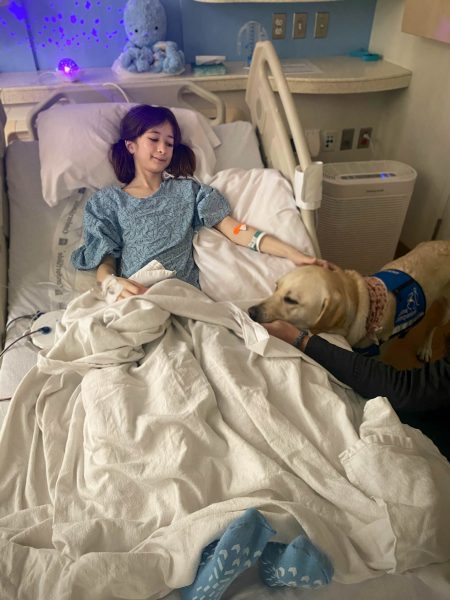
She could not hide the protruding armor under her shirt and her friends’ questions and strangers’ looks wore on her mentally. She would often cry at night in my room because of the insecurities forced upon her due to her condition.
Having to hold her and remind her of how special and beautiful she is broke my heart because she couldn’t see these things for herself anymore. Taking on that burden at such a young age was something I couldn’t even imagine. Her pain and perseverance led me to have such a large amount of respect for my younger sister.
Four years later, I’m in the car after my volleyball game. My mom tells me: “Niki’s curve has worsened by 30 degrees.” “We can’t wait any longer: we need to have her surgery this December.” “We don’t know if her body can take it, and we don’t know when she’ll be able to walk after.” The words buzzed through my head, leaving a ringing in my ear. I froze.
We rode in silence. When I got home, the atmosphere had changed. We had known surgery was most likely coming, but we hoped to put it off long enough for Niki to gain more height and end high school.
From September to December 13, 2023, the scheduled date of Niki’s surgery, she had back-to-back doctor’s appointments and my parents tried to take her mind off of it as much as they could. Niki got practically everything she wanted leading up to the surgery, and I’m fully convinced she bought out an entire Lululemon store. Despite her jokes and attempts to lighten up the situation, I know my sister better than anyone in the world. I could tell how scared she was through her self-isolation, especially as the date approached.
The eve of December 13, we watched “Harry Potter and the Sorcerer’s Stone” in my bed until she fell asleep. I wasn’t leaving her that night. She looked so peaceful, finally escaping all the stress that was buried beneath her bright smile. All my homework and upcoming tests could wait. Niki was all that mattered to me.
Seeing my sister so scared to the point where she begged me not to go to school that next morning terrified me. We had a teary goodbye and I reminded her that her surgery was on Taylor Swift’s birthday, of course everything was going to be okay. I knew how much she needed to hear something childish that the two of us shared. The hug I gave her felt as though it lasted forever, yet still not long enough.
Her surgery was set to start at 2 p.m. on Wednesday, Dec. 13. The surgery was supposed to be 9 hours long where her surgeon would perform extensive spinal fusion, screwing metal plates into a fixed position on her spine. The orthopedic surgeon was also planning to attempt a thoracoplasty to correct the disproportionate protrusion of her right shoulder. We knew how rough the procedure would be on her body, especially due to her anemia, leaving her with a 6-month recovery period after the surgery.
The whole day at school I was an emotional wreck, checking my phone every few minutes for updates and barely being able to focus in class. I had to sleep over at a friend’s house that night because my parents spent all night in the hospital with Niki.
Six hours in, my dad texted me letting me know that they didn’t go through with the thoracoplasty because her doctor deemed it “risky and unnecessary” due to how well her surgery went. Her spine was corrected to such a large extent that her ribs fell into place on their own and allowed for the expansion of her lung. Her surgery was completely successful and her surgeon walked out of the OR with a smile on his face, according to my parents.
I could finally breathe. She was still under anesthesia and medication, but at 2 a.m. that night, I woke up to a Facetime call from Niki Zacharia.
When I picked up, I instantly noticed her pale face, swollen lips and the tears in her eyes. She looked as if she was in so much pain and cried the entire call. That hurt me in ways I can’t even explain, not being able to imagine the intense pain she was going through and not knowing how to fix it. I listened to her talk about nonstop pain. When she first woke up she started screaming at the top of her lungs for a few minutes because she didn’t know what had happened and why she was hurting so badly.
The next day, I wasn’t prepared for how I found her. Relieved to see her again, I couldn’t help but notice how weak and sickly she looked. She couldn’t move by herself and I moved in front of her so she could see I was there because she couldn’t turn her neck. I knew the road to recovery was going to be a difficult one, but the sight of my sister with constant tears in her eyes because of the excruciating pain she was going through scarred me mentally.
I readjusted her pillows, wincing when she’d start crying because of the movement, made sure she stayed hydrated, and told her little jokes to bring out the ever so familiar laugh she had. Although the laughing hurt her, she asked me not to stop and told me my presence helped distract her from the pain.
Her hospital time was originally set for two weeks, but this determined little girl recovered faster. She walked on her fourth day in the hospital and checked out by the sixth. She was being pumped with so many medications and fluids, so I’d follow her with her IV pole around the hospital floor. We were surrounded by nurses and doctors because one fall could mean paralysis. Her first few steps were nearly impossible for her to take. She had to give herself more time and fight an internal battle until she could push through enough to learn how to walk again.
She came home later that week and I held her hand the whole car ride because of how the bumps in the car would cause her to cry. I wished with all my heart and prayed every night to take on her pain so she could be free of it, but I also knew how strong she was and how confident I was in her ability to come back from this.
In the months following the surgery, Niki had to have two iron infusions and be on bed rest for the next five weeks. However, she halved the recovery time suggested for her to stay home, and was back to school about a month and a half later. She couldn’t withstand a full school day at first, but with her friends by her side, she eventually readjusted. Her school welcomed her back with a school wide celebration when she recovered.
My 12-year-old sister now plays volleyball, basketball and lacrosse. Now, she can control her breath and endurance so much more with her spine correction.
To celebrate her six-month surgery mark, we traveled to Greece on vacation where she went out every day without having to worry about her brace or her posture. She has grown three inches since the surgery and is now a beautiful, strong 5’2” girl who is still growing.
I’ve learned so much from Niki. I never expected my younger sister to be stronger than I ever would. I’d spent all of my life worrying and protecting her. I realize now she never really needed me. As the older sister, I was supposed to be setting the standard and being a role model for her, and here I am, wishing I could be a sliver of the exceptional person she is as I grow up.
No matter what challenges I face or what pain comes my way, my sister has inspired me to battle through it just like she did.
My younger sister is nothing less than a hero. She is my hero, and she has the scar to prove it.



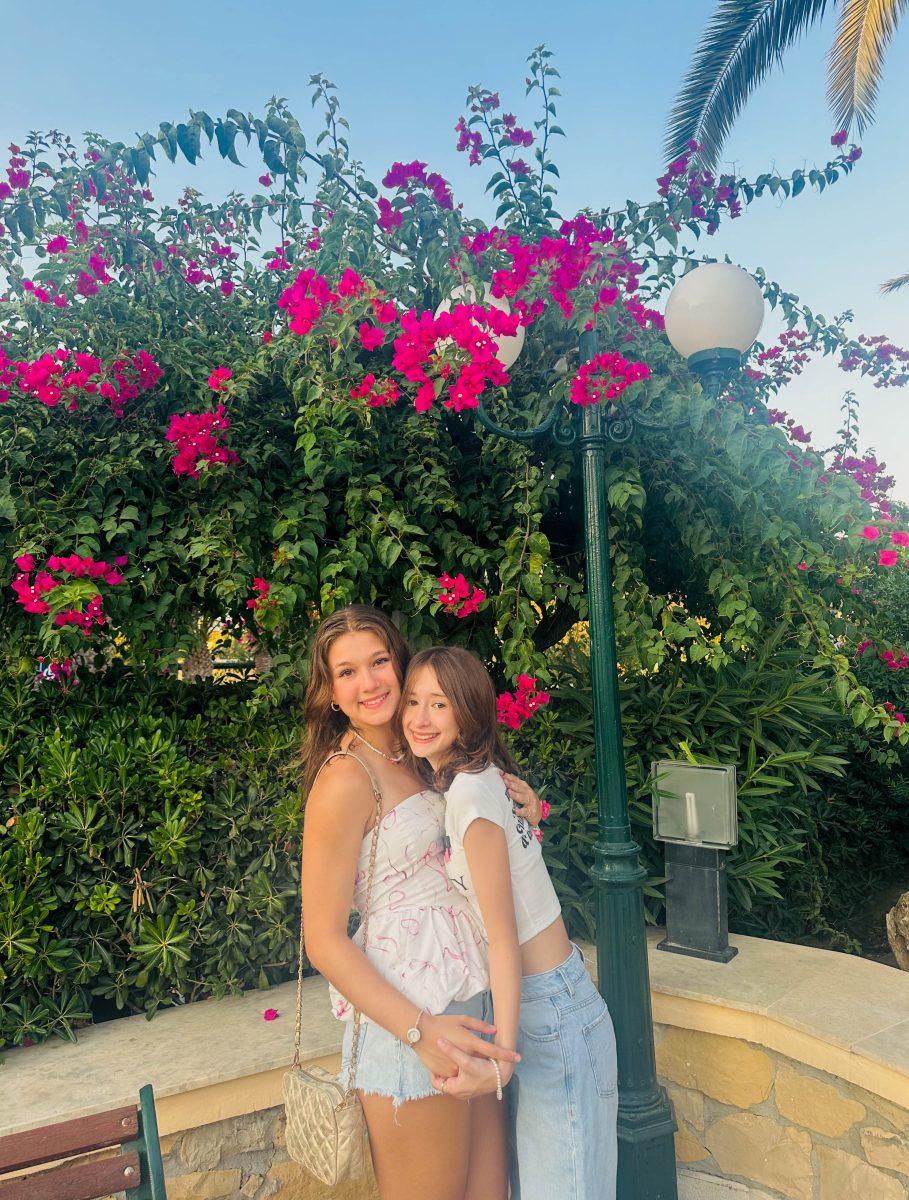
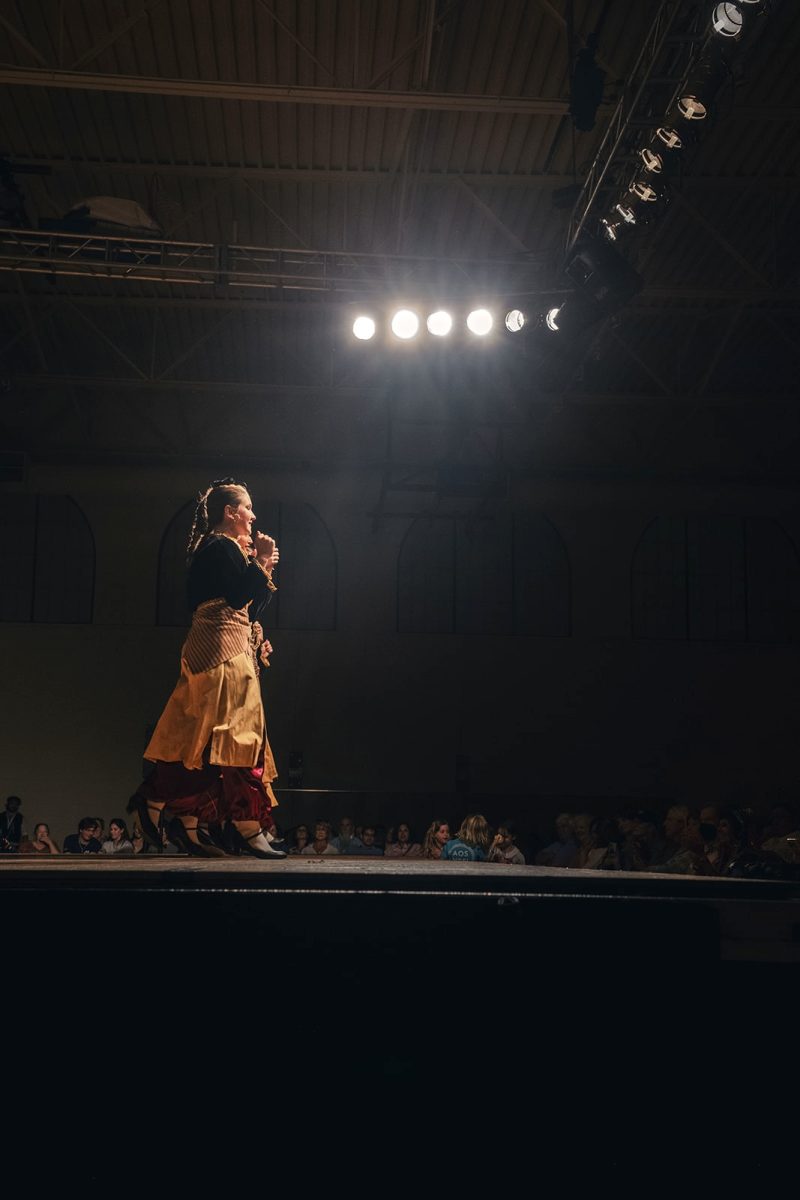
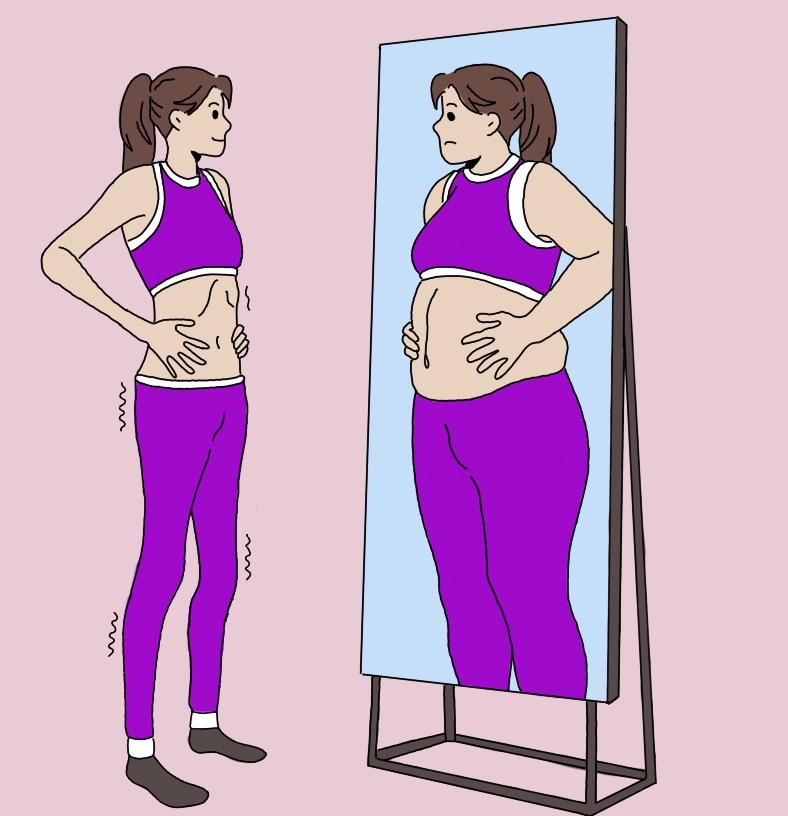
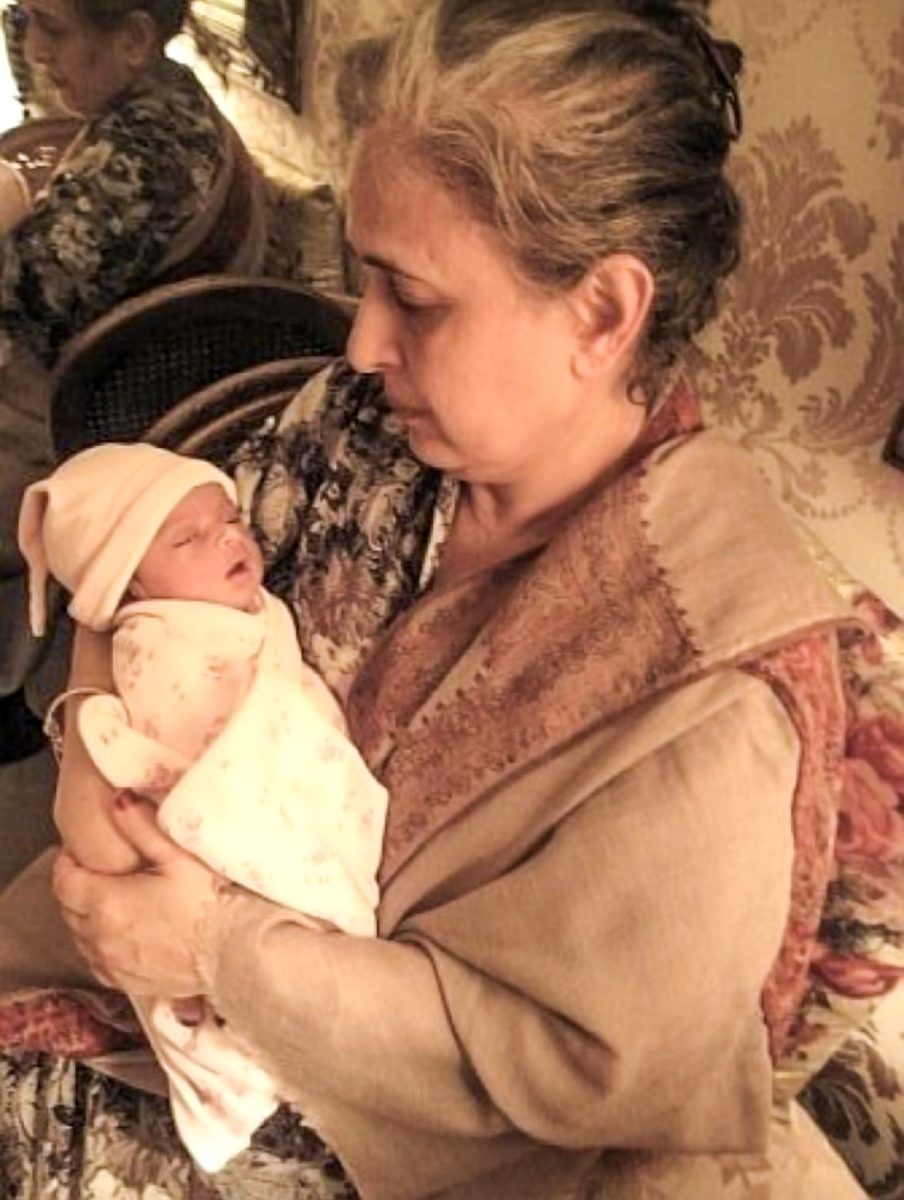
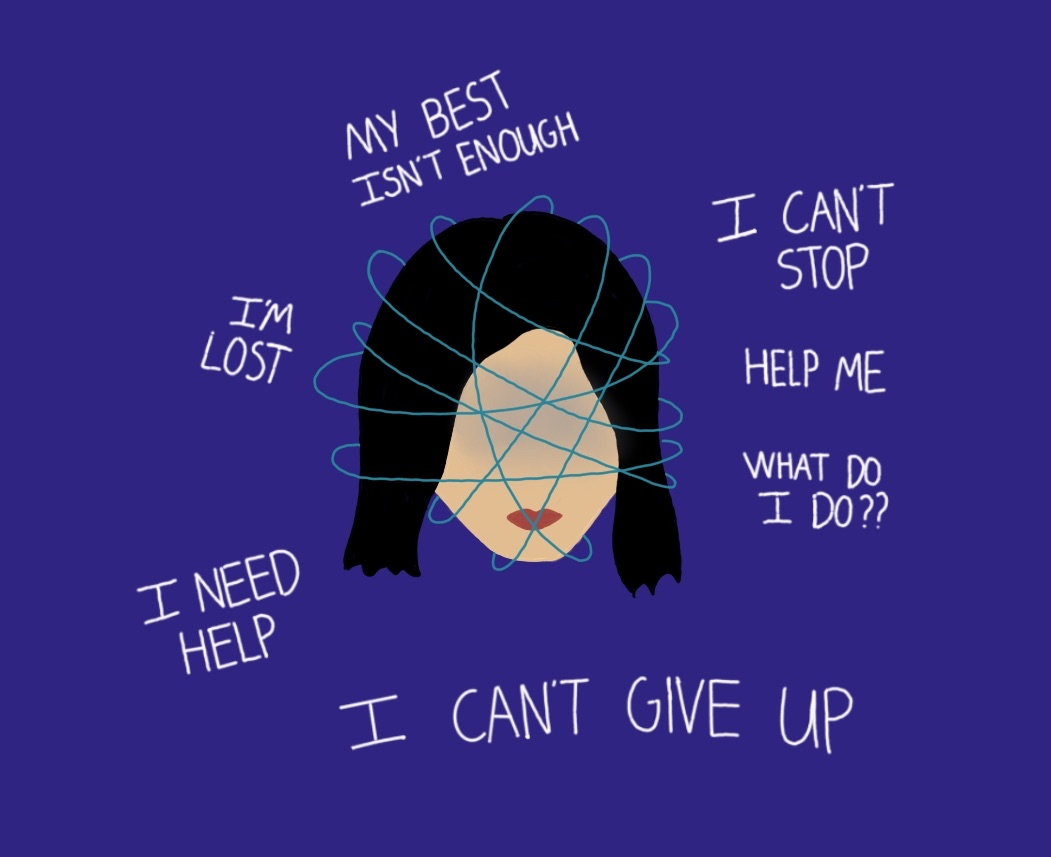

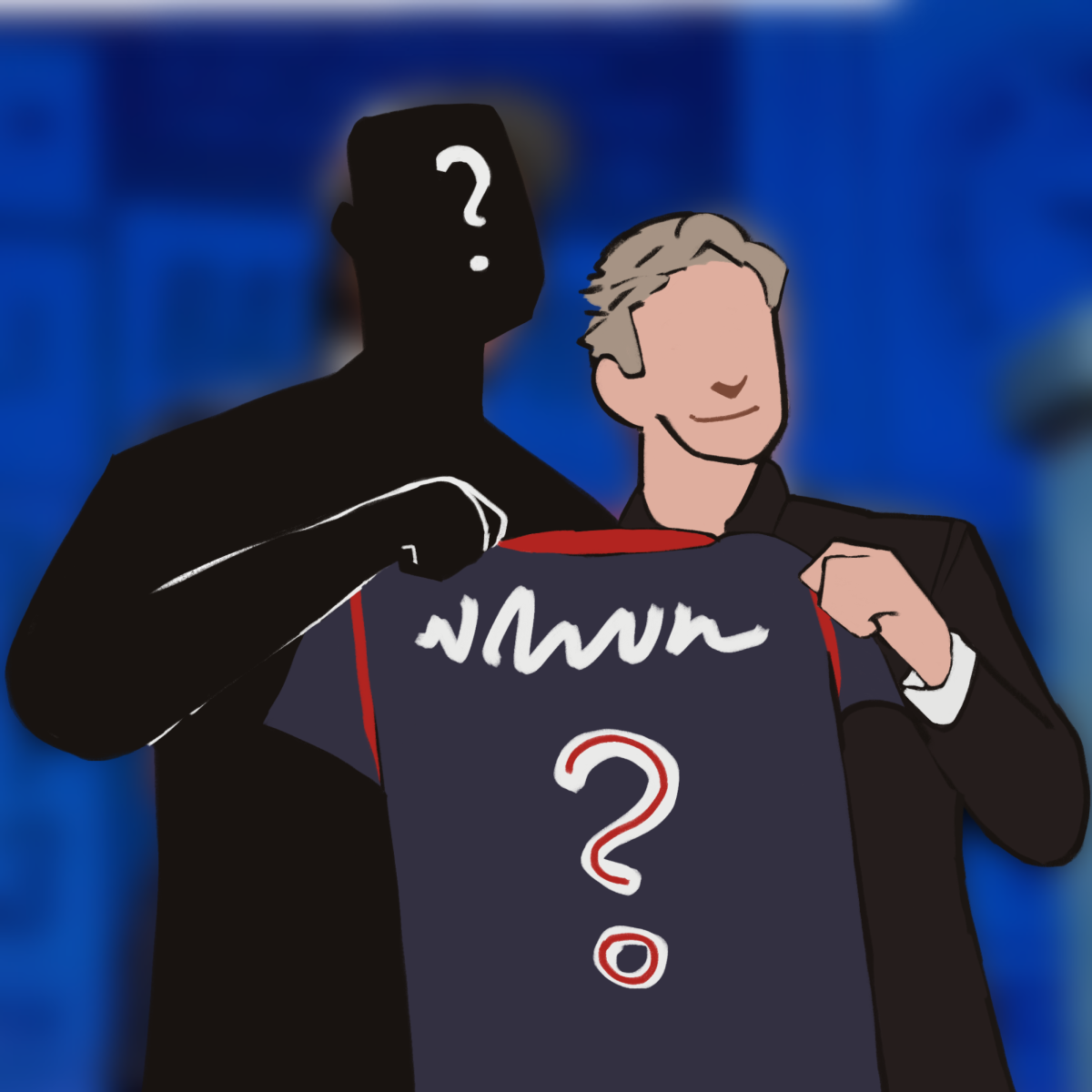


Haset • Nov 9, 2024 at 9:02 pm
This is so beautiful
Jenny McNulty • Nov 6, 2024 at 9:35 pm
Such a beautiful, well written story!
Claire B • Nov 6, 2024 at 7:05 pm
Absolutely beautiful story, Ellie 🙂
Eva Muscal • Nov 5, 2024 at 10:43 am
Such a good story Ellie!!
Jessica Wang • Nov 5, 2024 at 8:38 am
I love this story so much Ellie, it’s so sweet!
Alia Hassan • Nov 5, 2024 at 6:23 am
Beautiful story, Ellie. I could feel your raw emotion through it all, and it made me emotional as well. Incredible!
Micah Joseph • Nov 4, 2024 at 11:40 pm
🔥🔥🔥
Nikolaos Zacharias, MD • Nov 4, 2024 at 11:13 pm
Proud of Ellie and Niki!!